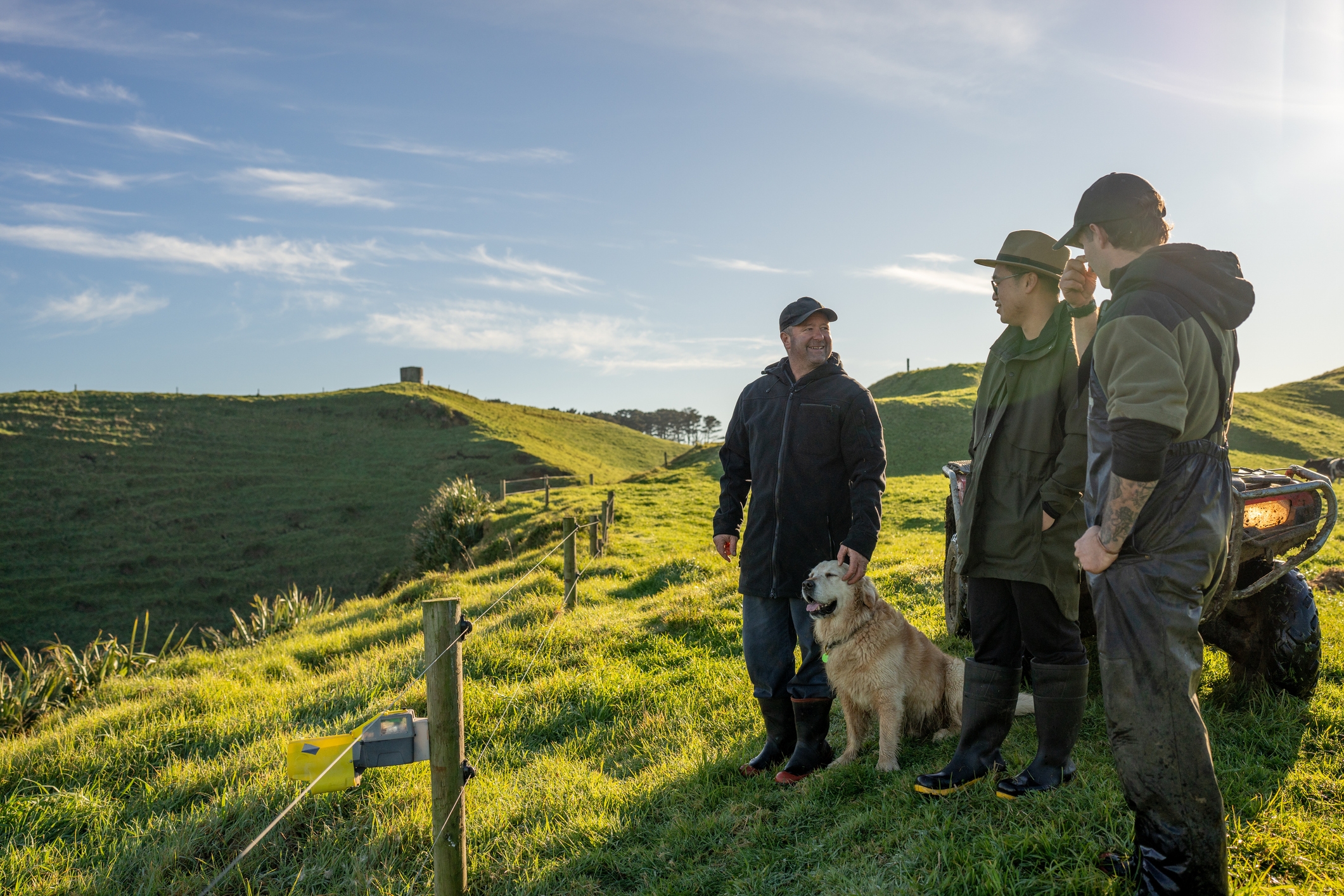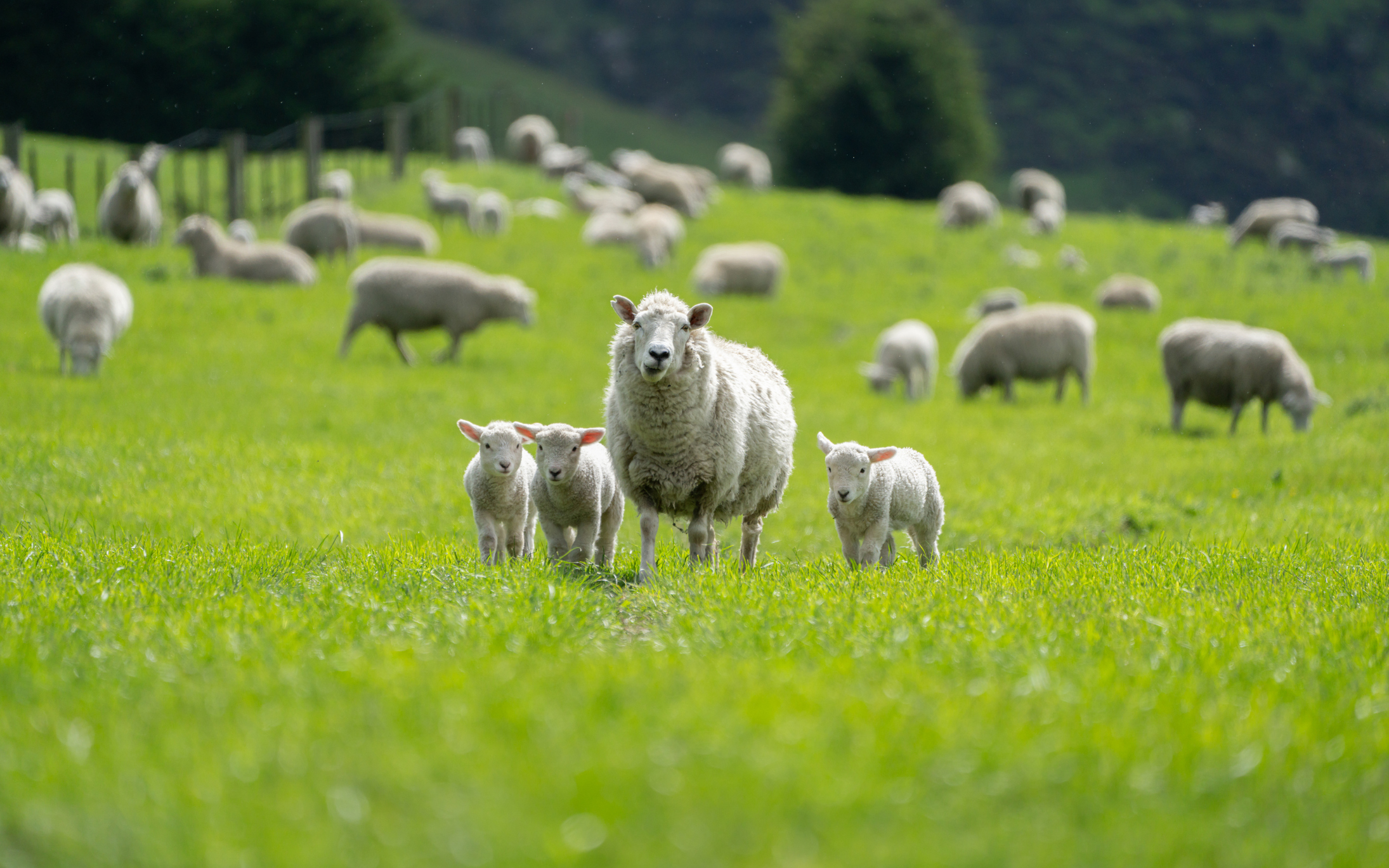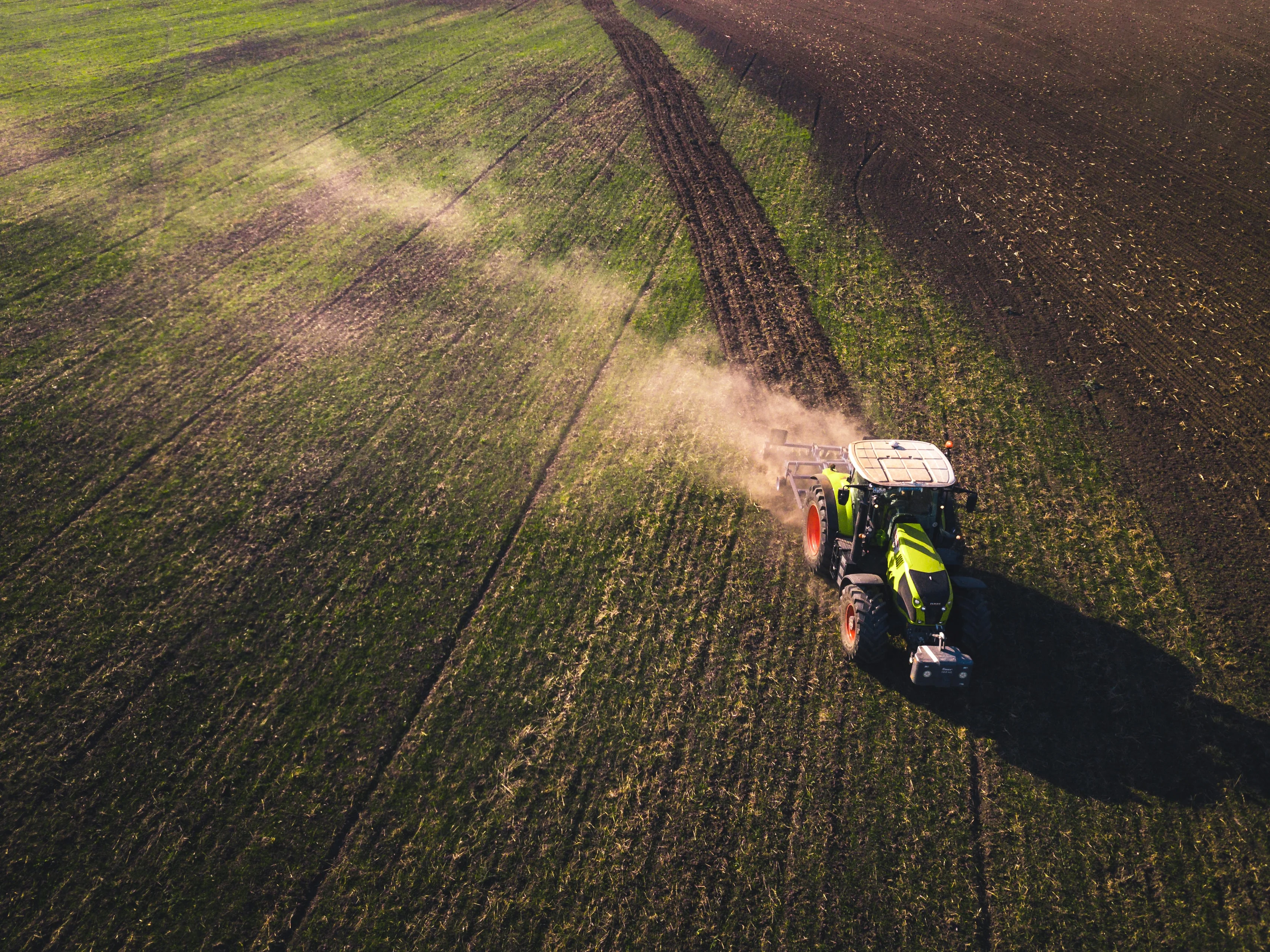Careers advice
How to find agriculture jobs in New Zealand
Want to work on a farm? Our guide will help you find jobs and get hired
Last updated: 19 December 2024
What are your options when it comes to agriculture jobs?
Agricultural scientist
Farm assistant
If you start as a farm assistant you could progress to be a farm manager or consultant.
Agricultural consultant
Crop managers
You don't have to work on a farm to work in the agricultural industry.
Complementary roles
Hear it straight from the horse’s mouth
Author
Other articles you might like





